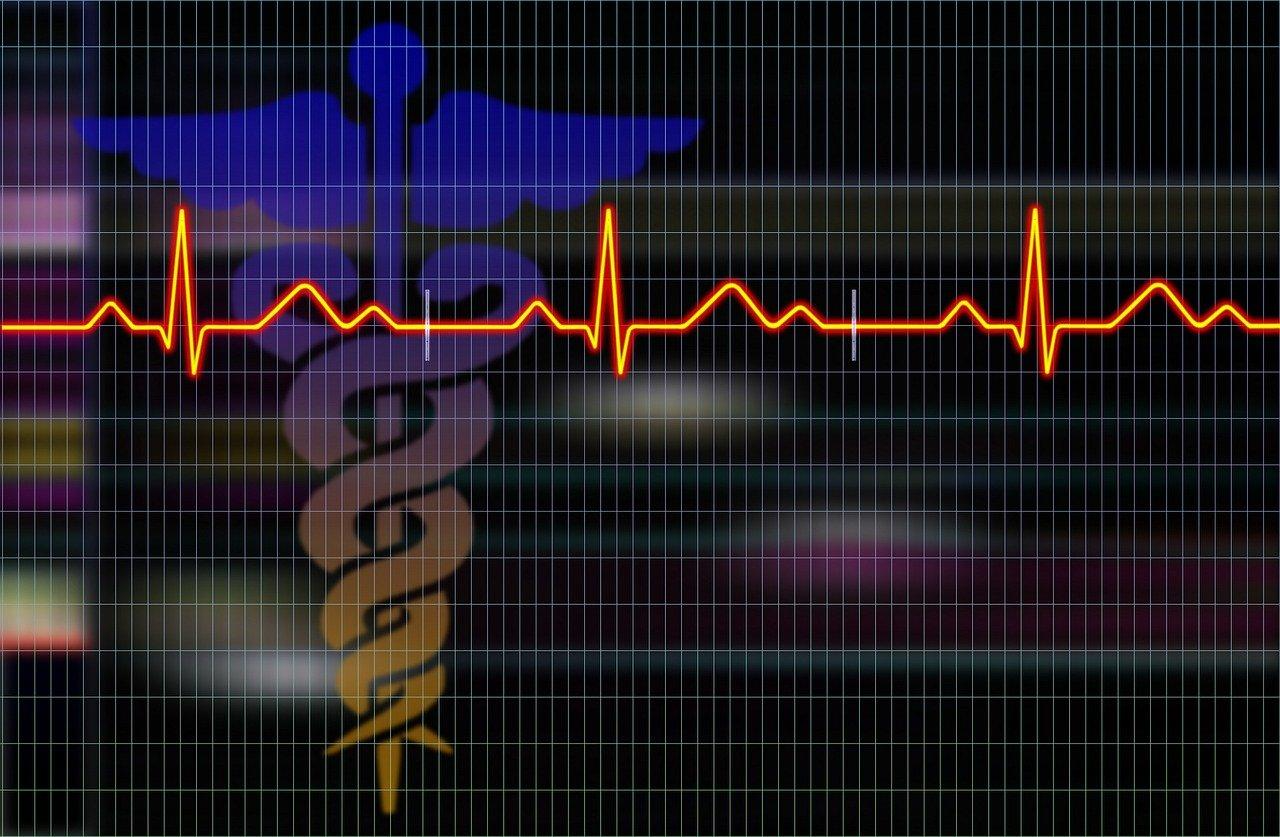
In the U.S., the leading cause of death is cardiovascular disease, claiming one person every 33 seconds (according to the CDC). Basically, by the time you finish reading this article, at least five people will have lost their lives because their cardiovascular system couldn’t keep up.
Considering these numbers, it’s easy to see why the demand for skilled healthcare professionals who can detect and respond to heart problems early is rising fast. From heart surgeons to cardiologists to EKG technicians, we need a constant personnel supply to keep treatment facilities running.
This means that anyone interested in this field will find a place. Plus, you don’t have to go to school for your entire adult life to find employment. For instance, almost anyone passionate about the field can be an EKG technician with the proper education and training.
So, let’s have a look at what it means to be one and how much you can make as your experience grows.
EKG is short for electrocardiogram, which is a test that checks the heartbeat. An EKG technician is a healthcare professional trained to administer this test using a specialized device called an EKG machine.
These devices create a visual record of the heart's beating and whether there are irregularities, blockages, or signs of heart disease. Cardiologists and other physicians then use the data provided by these tests to diagnose a patient.
As an EKG technician, you are not involved in the patient diagnosis process. Still, this doesn’t mean your role isn’t important. After all, you are among the first healthcare professionals a patient with chest pain or heart-related symptoms encounters.
Your job is to make sure the equipment is calibrated and ready to go, prep exam rooms, and review patient charts. You are also in direct contact with patients, so you have to know how to communicate with a person in distress while ensuring the EKG machine captures a clean, accurate readout of heart activity.
Accurate readings depend on the precise placement of electrodes and a steady hand. One small mistake can mean a missed diagnosis or delayed treatment. In short, it’s a job that blends clinical focus with human compassion, minus the long years of med school.
Beyond routine tests, technicians may also assist with stress testing (monitoring patients as they walk on a treadmill) or help place portable Holter monitors that record heart rhythms over 24 to 48 hours. In some facilities, they may support physicians during emergency cardiac assessments or rapid response situations.
One of the biggest advantages of becoming an EKG technician is the relatively low barrier to entry. Unlike many healthcare roles that require years of schooling, you can get started in this field quickly, without drowning in student debt.
At a minimum, you’ll need a high school diploma or GED. From there, you can enroll in an EKG technician training program, which typically lasts anywhere from 4 weeks to 6 months, depending on the format (accelerated, part-time, or bundled with other certifications).
For instance, Unitech’s EKG/Phlebotomy technician program lasts 9 months, but this is because you’re getting two certifications at once. If you think about it, this is a good deal, as both specialties are important for the medical field (also low entry).
Many programs also recommend (or require) CPR certification, since EKG techs may need to respond in urgent situations.
Whether you’re looking to get your foot in the door of healthcare or pivot into a more focused, patient-facing role, becoming an EKG technician offers a clear path with solid demand, a manageable training period, and opportunities for growth.